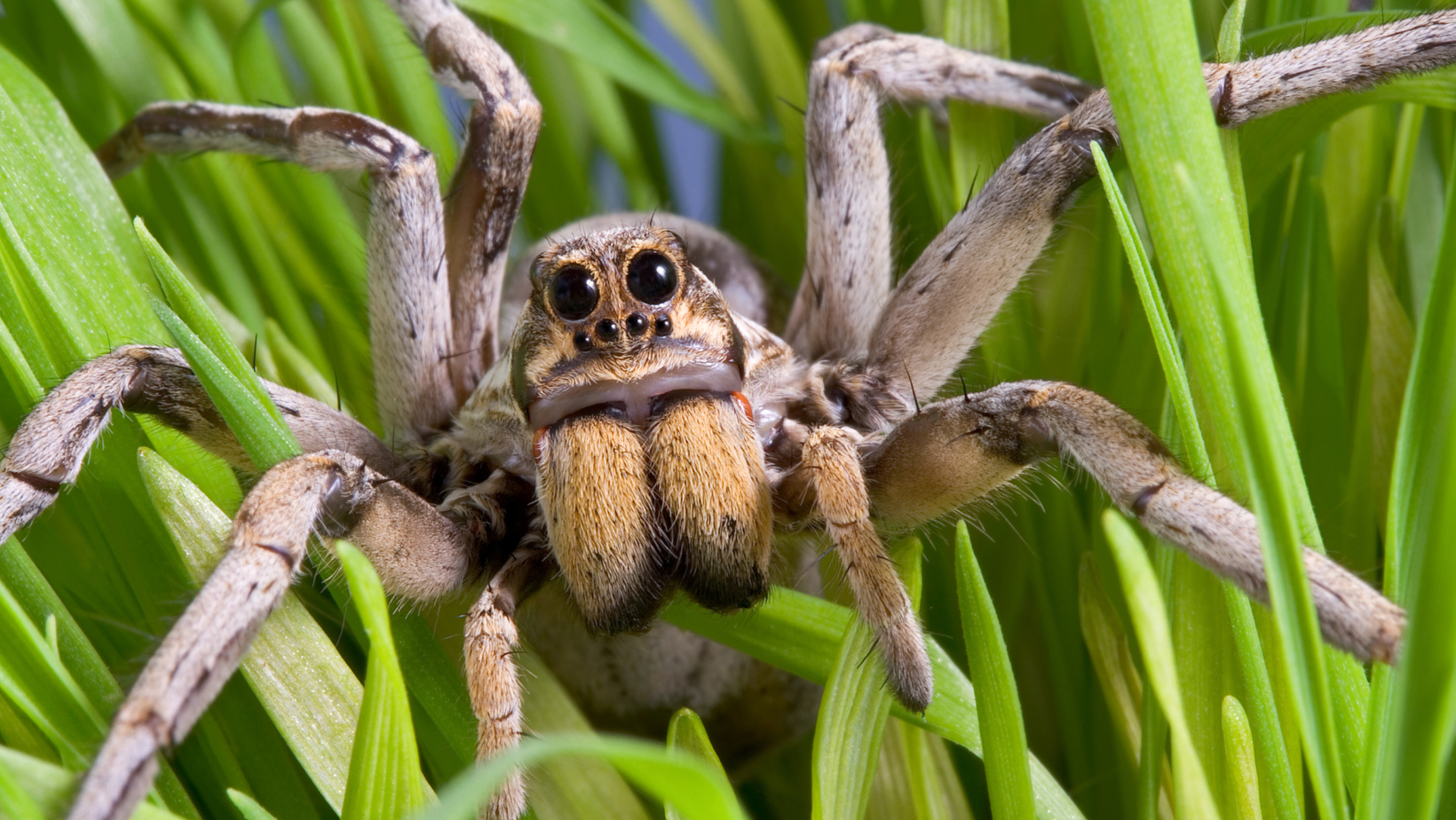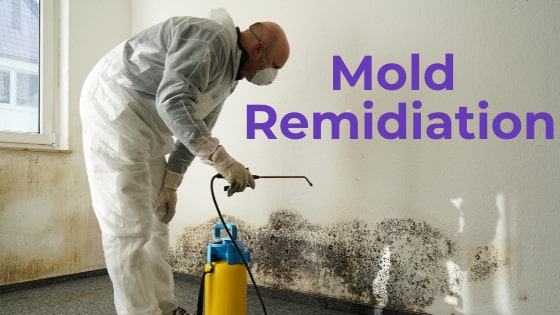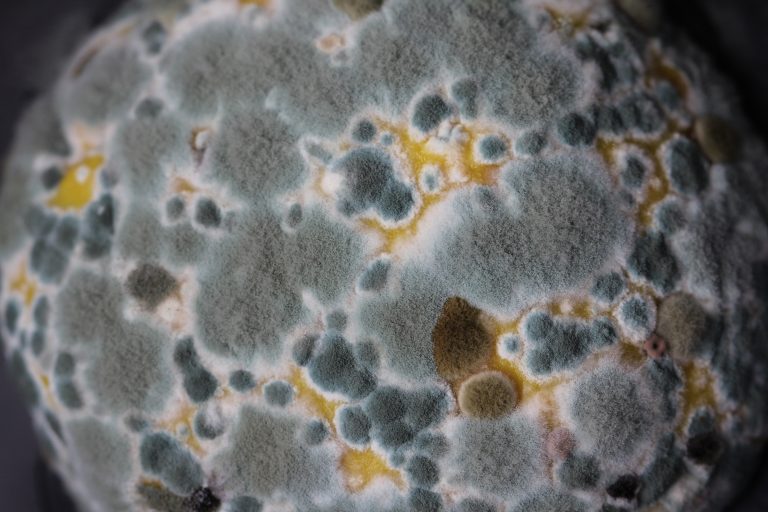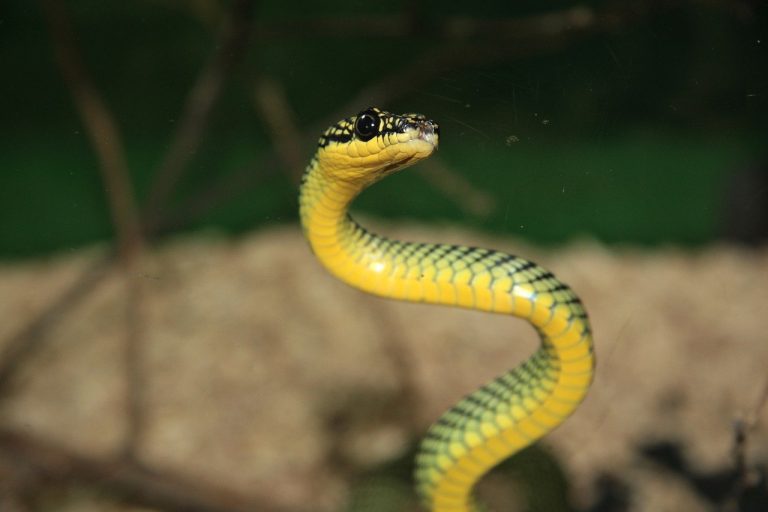How to get rid of Wolf Spiders
A. What are the home remedies to get rid of Wolf Spiders?
Getting rid of any pest is usually a balance between effectiveness and family safety. Unlike most small critters, the natural methods used against Wolf Spiders are just as effective as chemical treatments without the risk of creating chemical resistance in survivors.
- Glue strips: Surprisingly effective, glue strip traps can be placed along the floor or ledges where Wolf Spiders have been spotted. These traps can be of any variety, including the common fly strip. When your unwanted spider comes out, she will be trapped in the glue. An added bonus to this is that the glue traps any nearby insects, providing free bait. Glue strip traps should be placed in the corners of the garage, basement, or attic and in closets or behind furniture.
- Hexa-Hydroxyl: This is a natural pesticide ingredient that is a safe treatment option for both humans and pets. Based on a blend of various plant oils, Hexa-Hydroxyl targets certain neural pathways that don’t exist in humans and other mammals but can kill spiders and other tiny critters effectively and efficiently.
- Relocation: Wolf Spiders don’t invade homes or crawl spaces maliciously. They simply go wherever there is food, much as a hunter in the African Savannas might migrate alongside its prey. Thus, an individual brave enough to catch a live spider indoors can simply relocate her to a new home away from her own. Woods and fields are perfect relocation targets as Wolf Spiders will have plenty of things to eat and wood and leaf piles to hide in.
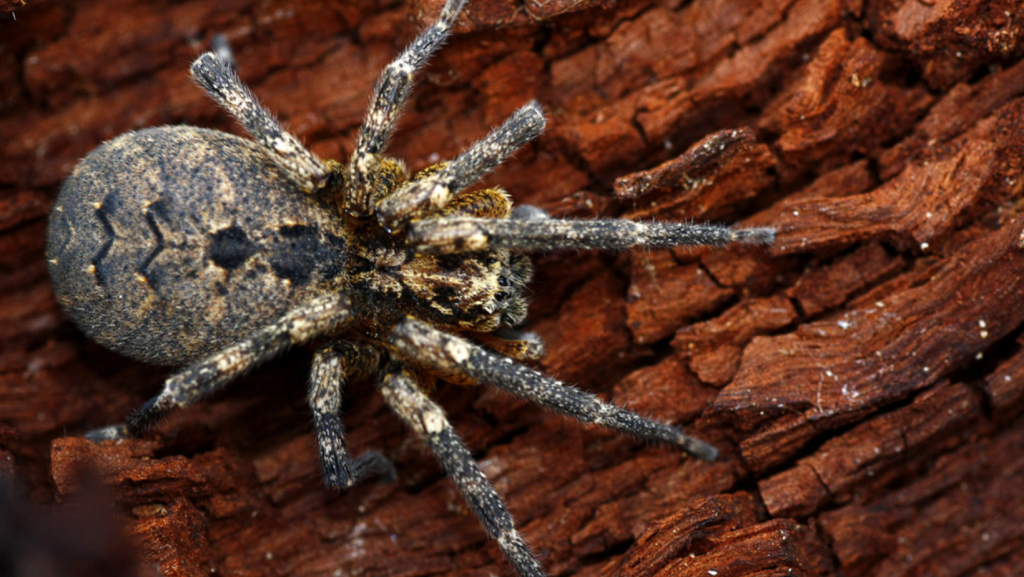
B. What attracts Wolf Spiders in the house?
It’s very difficult to keep a Wolf Spider from wandering into your yard or garden, but there are some basic prevention tips that you can use to keep them out of your home. There are several things that attract Wolf Spiders to the house, and you have to try as much as possible to expel them from the house, or else they continue infesting your home. The number of Wolf Spiders invading homes spiked years back due to the extremely hot weather, and this number will likely continue to increase every year until weather conditions begin calming down to the levels they were in the 20th century. This method will also help against other critters and may save a little on your heating bills in the long run. These are the things that attract these Wolf Spiders into your house:
- Food: Wolf Spiders don’t enter your home because it is more habitable than their own home. They tend to be shy, and usually only enter a home when they find a potential food source that attracts them. Getting rid of these sources is the first step to prevention. You will always find them near doors, windows, and in humid areas of the house. Proper pest control will greatly reduce the risk of them entering your house. Like other critters, they want to eat. Remove the food source and lessen the chance of having Wolf Spiders. Regularly clean and vacuum your carpets and floor since crumbs can attract many insects. While Wolf Spiders aren’t necessarily attracted to your home’s exterior light, the light does attract potential meals such as moths and flies. Any unnecessary outdoor lights should be turned off at night or switched to sodium vapor lights which are less likely to attract bugs.
- Access Points: Be sure to seal any external cracks or holes in your home, so the spider can’t squeeze its way in. Using screens on doors and windows will also make crawling into your home difficult for these little guys. Wolf Spiders don’t like to climb so make sure your foundation is also free from cracks or small holes, as they are more likely to enter the house from a low elevation such as crawl spaces or basements. You will also want to remove any vegetation, firewood, or yard debris such as leaf piles away from your home. Various materials and debris near your walls may offer them shelter and give them a higher chance of stepping into your home. You must make sure you clean and seal up the access and entry points.
C. How do I keep Wolf Spiders out of my house?
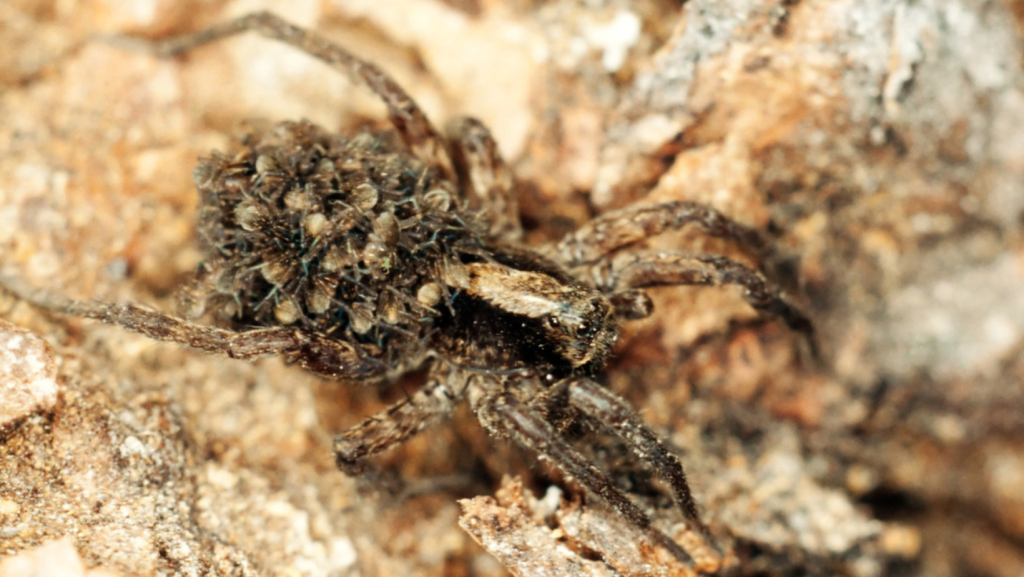
There are several ways to get rid of Wolf Spiders, ranging from cheap to expensive. These can get rid of any currently residing Wolf Spiders, but generally won’t prevent future invasion. You will get different ways by which you can keep wolf IN spiders out of my house. Here are a few ways –
- Pesticides: A large number of pesticides and insecticides are available that target spiders. In most cases, these will also kill Wolf Spiders, although there are some indoor products available that specifically target Wolf Spiders. Products that leave a residue will reduce the risk of future spiders for a time, but are less safe around children and pets. Before using a spray indoors, make sure it’s safe. One particular type of outdoor insecticide works extremely well in Wolf Spider control as well as almost 100 percent of the pest. Tempo SC Ultra comes in a super-concentrated 8 oz. bottle that makes up to 30 gallons so it will last you a long time or cover a large yard. Demon Max is another good spider killer. Spray these pesticides on the ground, forming an anti-pest barrier. Most arachnids are known for crawling up vertical surfaces or using web stands and thus never come in contact with the pesticide barrier. Wolf Spiders, however scurry along the ground and will almost always run into the insecticide residue.
- Boric acid: This is a chemical commonly used for spider control and pest control in general. Sprinkling it along the edges of walls creates a very effective barrier against most tiny pests. Hunco boric acid powder is a popular and trusted brand. When a spider walks over the acid, it causes numerous cuts and gashes. The pest will not only loose bodily fluids from these wounds, but will get on its leg and ingest the chemical the next time it grooms, killing it. The products aren’t safe around kids or pets, although it’s perfectly harmless around adults.
- Extermination Services: When there is a large infestation, you any choose to hire a professional exterminator. Most professional extermination services will first assess the situation and then develop a plan of action based on their findings. Treatment may include additional extermination techniques if a food source was discovered. Some type of commercial pesticide spray is usually used when a professional service is used.

